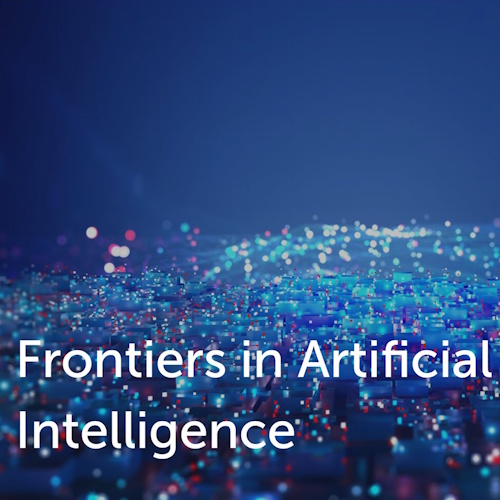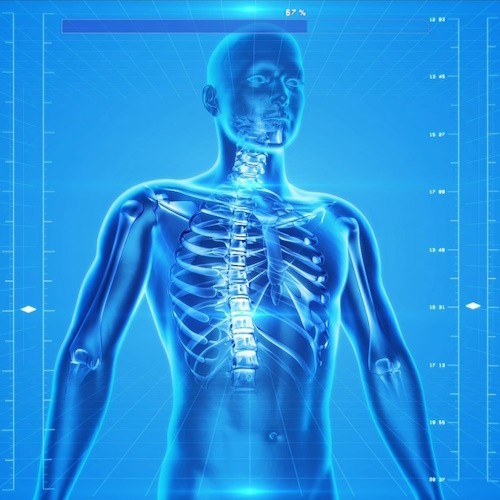Key points from article :
A recent review published in Frontiers in Artificial Intelligence highlights how artificial intelligence (AI) is transforming humanitarian healthcare by enabling faster, smarter, and more efficient responses during crises. The review, which analysed peer-reviewed studies and case reports from 2001 to early 2025, explored AI applications across disease surveillance, disaster response, mental health, and crisis logistics. It reveals how AI is already enhancing decision-making, forecasting natural disasters, and improving communication in emergency scenarios.
In real-world examples, AI has been used to analyse wildfire behaviour for evacuation planning, detect disease outbreaks in refugee camps, and improve vaccination rates using mobile apps like CIMA. In infectious disease management, AI tools such as IBM’s Watson Health have improved malaria control by predicting mosquito breeding sites. For mental health, chatbots like Wysa and Woebot provide immediate psychological support using cognitive behavioural therapy, especially in areas with limited access to mental health professionals.
AI is also revolutionizing logistics, robotic-assisted care, and crisis communication. It supports drone delivery of aid, robotic search-and-rescue missions, and natural language processing to translate emergency instructions. Meanwhile, it helps maintain secure medical identities for displaced individuals via blockchain integration. Climate crisis response has benefited from AI-powered flood forecasts and agricultural planning to combat locust swarms.
Despite these advances, the authors caution that ethical concerns around algorithmic bias, data privacy, infrastructure gaps, and accountability must be addressed. They call for collaborative governance, transparency, and inclusive AI development to ensure that AI technologies are used safely and equitably. With proper oversight, AI could be a game-changer for creating more resilient and human-centered emergency healthcare systems worldwide.






